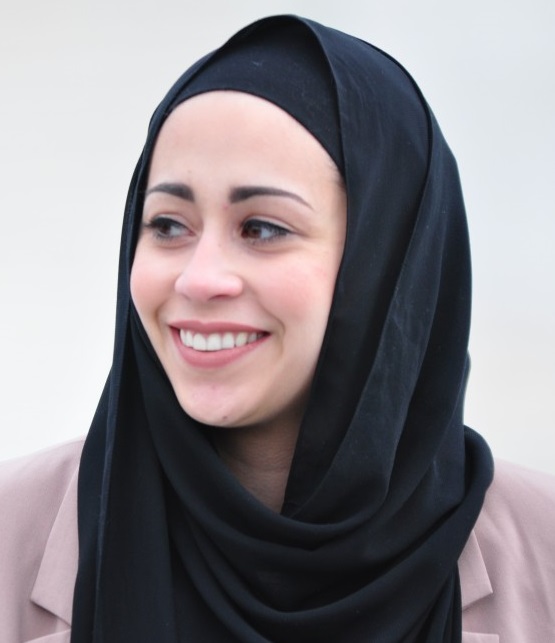By Bob Allen
The U.S. Supreme Court ruled June 1 that retailer Abercrombie & Fitch violated the civil rights of a Muslim woman not hired because her religious obligations conflicted with the company’s policy on employee attire.
Overturning a decision by the 10th U.S. Circuit Court of Appeals, the Supreme Court ruled 8-1 that Abercrombie failed to accommodate a job applicant not hired after wearing a hijab, a religious head covering, to her interview.
 Samantha Elauf, a Tulsa, Okla., teenager was turned down for a job as a sales associate in 2008 for violating the store’s “look policy,” which forbids employees from wearing “caps.” The Equal Employment Opportunity Commission filed a lawsuit on her behalf alleging violations of Title VII of the Civil Rights Act of 1964, which requires employers to “accommodate to an employee’s or prospective employee’s religious observance or practice without undue hardship on the conduct of the employer’s business.”
Samantha Elauf, a Tulsa, Okla., teenager was turned down for a job as a sales associate in 2008 for violating the store’s “look policy,” which forbids employees from wearing “caps.” The Equal Employment Opportunity Commission filed a lawsuit on her behalf alleging violations of Title VII of the Civil Rights Act of 1964, which requires employers to “accommodate to an employee’s or prospective employee’s religious observance or practice without undue hardship on the conduct of the employer’s business.”
The EEOC prevailed in district court, which ordered Abercrombie to pay a $20,000 award in 2011. The appeals court struck down the judgment in 2013, finding that the burden was on Elauf to inform Abercrombie she needed a religious accommodation to the policy during the interview.
Writing for the majority, Associate Justice Antonin Scalia disagreed with the 10th Circuit’ interpretation of the law.
“Abercrombie’s primary argument is that an applicant cannot show disparate treatment without first showing that an employer has ‘actual knowledge’ of the applicant’s need for an accommodation,” Scalia wrote. “We disagree. Instead, an applicant need only show that his need for an accommodation was a motivating factor in the employer’s decision.”
Associate Justice Clarence Thomas dissented from the majority decision, finding that Abercrombie’s discrimination against Elauf was not “intentional.”
Hollyn Hollman, general counsel for the Baptist Joint Committee for Religious Liberty, welcomed the majority’s decision.
“The court today confirmed the fundamental principle in Title VII’s ban on religious discrimination in employment,” Hollman said. “Neither a person’s religion nor the potential need to accommodate a religious practice should be a basis for denying a prospective employee a job.”
In December the BJC joined more than a dozen other religious liberty and civil rights groups asking the Supreme Court to overturn the 10th Circuit’s ruling in favor of Abercrombie.
Russell Moore, head of the Ethics and Religious Liberty Commission of the Southern Baptist Convention, described Monday’s Supreme Court decision on Twitter as “a big win for religious freedom.”
Previous stories:
